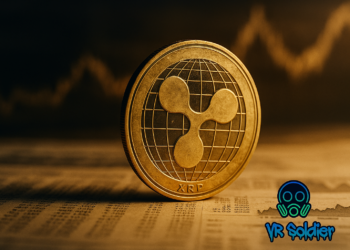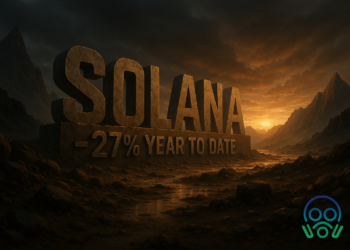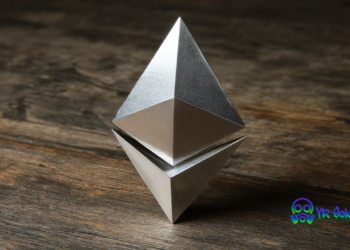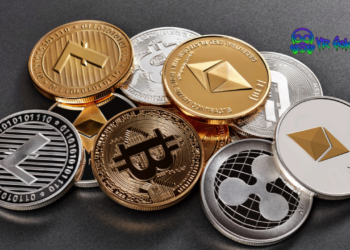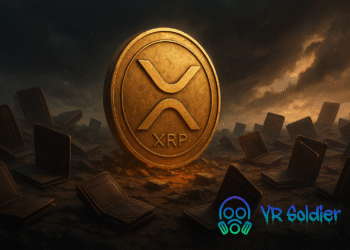Co-founder of Ethereum ( ETH ) Vitalik Buterin proposed increasing the gas limit by a “modest” 33% – from 30 million to 40 million, but not everyone was happy with this idea.
Vitalik Buterin believes that increasing the gas limit will optimize the overall network capacity. However, the developers of the second cryptocurrency blockchain do not agree with the programmer’s opinion.
What’s wrong with Vitalik’s proposal?
Ethereum developer Marius van der Weyden published an entire article on GitHub with the title “Why increasing the gas limit on the network is difficult.” According to him, first of all, it is necessary to increase the size of the blockchain, which stores account balances and smart contract data.
Currently, the total Ethereum space is approximately 267 gigabytes (GB). If the gas limit is increased, the size of the network will grow even faster. Currently, the complete history of the ETH blockchain takes up about 900 GB, according to Blockchair.
Vaden noted that if the network size increases, the process of accessing data will slow down significantly. However, so far, there have been no concrete solutions that would help avoid such a scenario.
Among other potential technical problems, he highlighted the main points:
- Increasing synchronization time;
- Increasing the complexity of developing diverse clients.
Martin Köppelmann, the co-founder of the Gnosis project, also emphasized that increasing the gas limit will lead to an increase in throughput. In his opinion, developers should focus on the issue of real cases of using the Ethereum blockchain and, therefore the topic of reducing transaction costs.
The head of the ETH network development team, Péter Szilágyi, fears an increase in the number of network attacks and the risks of spam.
What is a gas limit?
The gas limit in Ethereum is the maximum amount of work and gas that is spent on executing transactions on the network or smart contracts in each block. This is necessary to ensure that the blocks are not too large, and it may affect the performance of the blockchain.
In theory, increasing the gas limit could increase the throughput of the ETH network. However, as the developers noted, the load on the blockchain will become too high. In addition, there are security risks in such an initiative.
The network scaling issue is expected to be resolved by the upcoming Dencun upgrade. It implements proposal EIP-4844, known as “proto-dank sharding.” The hard fork will be launched on the Goerli test network on January 17.
Earlier, Vitalik Buterin proposed simplifying the ETH staking mechanism. According to him, this will help reduce the load on the network.


